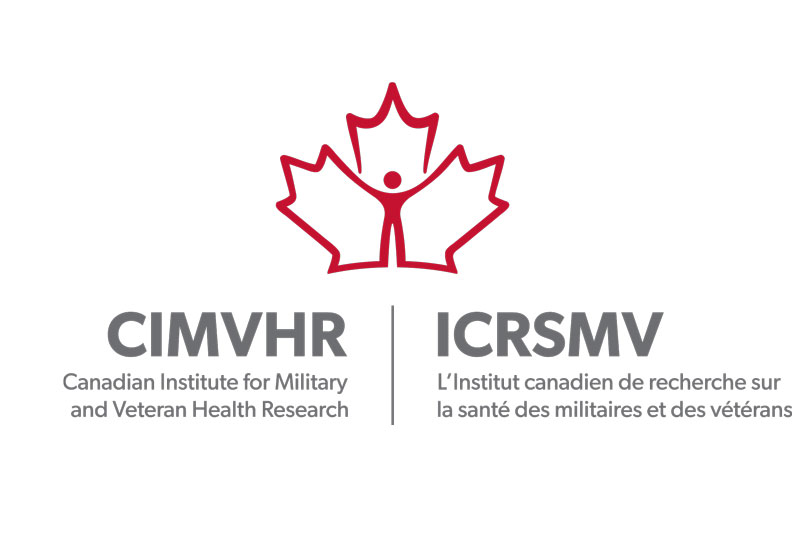Well done, all. But they could be doing better, suggests a group of CIMVHR researchers who shone the spotlight on the work itself this year, revealing some significant gaps in what is studied and how. The group included Jim Thompson, a research medical consultant who made the presentation at the virtual forum, as well as David Pedlar, CIMVHR’s scientific director; Dianne Groll, assistant scientific director; and Stphanie Belanger, associate scientific director. They took a hard look at some 1,300 forum presentations between 2012 and 2019, 200 articles from the Journal of Military, Veteran and Family Health and 100 studies undertaken for the Canadian Armed Forces and Department of National Defence. What they discovered should help shape future research.
The study of veterans’ issues has lagged. “Is it making a real difference for them in their lives?”
First, they found that most of the studies presented over the years at the forum focused on just two of seven factors that are said to contribute to human well-being. The majority of research, 55 per cent, focused on social environment/cultural issues and a further 31 per cent examined health topics. Other factors important to well-being got shorter shrift, such as employment/meaningful activity, life skills, physical environment, social integration and financial health. As well, of the forum’s 415 health presentations, 197 focused on mental health and 138 on physical health, while the topics of social and spiritual health, pain, addiction and suicide were far less represented. Of the 732 topics explored regarding cultural and social health, the majority of presentations were about health care interventions and services, again mostly focusing on mental and physical health rather than other aspects of care.
Secondly, serving military personnel—mostly those of the regular force—were the focus of 604 of the 1,341 presentations. Though the number of presentations on the families of veterans and service members has grown steadily, the study of veterans’ issues has lagged.
Thirdly, much of the research, regardless of topic studied, focused on diagnosing issues and suggesting possible solutions; there was much less research into actual implementation and evaluation. “There’s a fair bit of research on possible causes,” said Thompson. “And a lot of research on proposed solutions for those problems. “But what we’re not seeing is a lot of research on how those solutions were implemented in a real world setting and how they were evaluated…is it making a difference…in their kitchens, in their homes, not [just] in the clinic, but is it making a real difference for them in their lives?”
The CIMVHR team exposed a need to increase the focus on implementation and evaluation, expand the range of study to include other aspects of well-being and broaden research to include reservists. This analysis can help guide decision-makers and may result in much more thorough and balanced research that attends to more needs than those currently grabbing headlines.
But what good is this information if it can’t be shared? The CIMVHR team also identified a pressing need to organize the cumulated knowledge from all this Canadian research. The production of scientific knowledge on military members, veterans and their families is “vast and accelerating,” said Thompson. “It far exceeds what a busy clinician or busy policy analyst can access in a short time period…. Chances are someone somewhere already knows an awful [lot] about a topic that a researcher might want to study.”
There might even be information from an earlier era that is pertinent today—if the researcher can find it. What’s needed, said Thompson, is an interface similar to what has been developed to handle the explosion of information about COVID-19 research. “We need that for the military and veteran [research] world,” he said. “But it won’t be cheap to set up or cheap to maintain.” That is certainly a cue for funding agencies, charities, advocacy groups and philanthropists.
Investment in such a ‘library’ is one more step to ensuring that those who are funding this research get the biggest bang for their buck, that serving military, veterans and their families are getting the best possible support and that research keeps pace with evolving needs.
Advertisement













